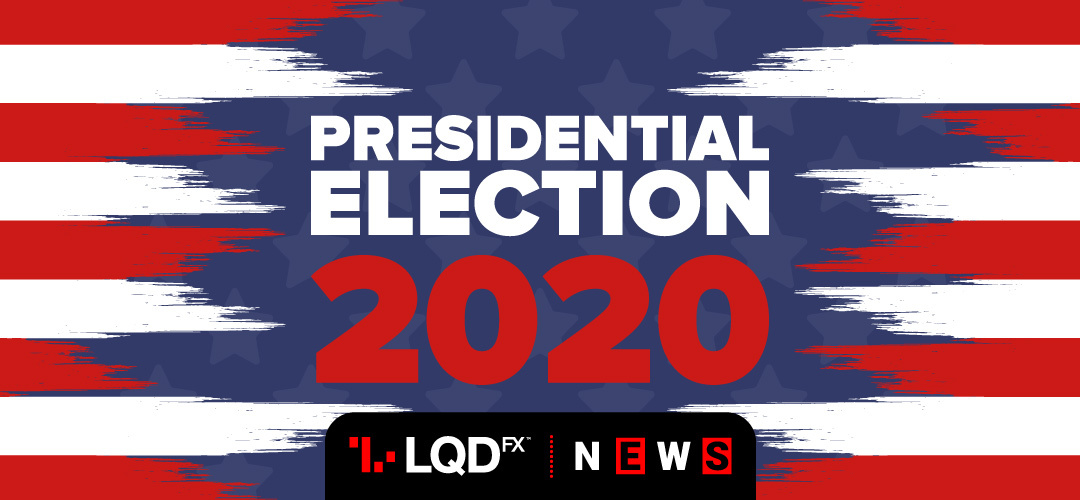It’s Election Day in America, a day marked by uncertainty. Investors had taken a more cautious approach as the election neared.
It is not unusual in the United States for states to take several days or even weeks to count their votes. A record surge in mail ballots due to the COVID-19 pandemic could draw out the process further this year. By yesterday, more than 96 million Americans had already cast ballots in early in-person and mail-in voting.
Opinion polls have consistently shown Democratic challenger Joe Biden leading President Donald Trump. Investors are gradually switching from a cautious mood and getting ready to bet on a clear victory for Biden.
Analysts believe the Democratic candidate win would weaken the dollar. The former vice president is expected to spend big on stimulus and to take a freer approach to trade, boosting other currencies at the dollar’s expense. They cautioned, however, that uncertainty was very high about the election outcome and that taking positions might prove premature.
Republican Trump, who is trailing Biden in national opinion polls, has criticised mail-in ballots. The US President suggested he would deploy lawyers if states are still counting votes after election day on Tuesday.
On the Brexit front, the EU and Britain have not yet found a deal on sharing access to fishing waters in their talks.
START TRADINGForex – Election Day in America: the final hours
Foreign exchange markets moved on Tuesday towards pricing a victory for U.S. Democratic candidate Joe Biden against President Donald Trump.
Overnight gauges of volatility for major currency pairs jumped to multi-month highs ahead of the outcome of the election.
Investors are also waiting on Federal Reserve and Bank of England meetings this week, which is also expected to bring more support.
The dollar index was down 0.44% at 93.618 after hitting a month high on Monday. Dollar dips to price Biden win on election day despite warnings that possible post-election disputes could unleash weeks of dollar volatility.
The safe-harbour yen was also slightly higher, up 0.03% at 104.69 per dollar. Japanese markets were closed for a holiday.
The Australian dollar rose 0.15% after an initial dip. The Reserve Bank of Australia lowered its policy interest rate by 15 basis points to 0.1% and announcing a bond-buying programme.
The euro extended gains and rose 0.58% against the dollar, crossing the $1.17 bar.
Sterling also rose slightly to just below $1.30. The British currency was last trading flat at $1.2994, after rising more than 0.6% earlier in the day. The pound gained about 4% in the last six months as the dollar strength faded. Versus the euro, the UK currency was also flat at 90.15 pence. It has lost nearly 3% against the common currency in the last six months.
Oil prices were rising after two weeks of weakness. Brent futures were up nearly 3% at $40 a barrel and U.S. WTI up 2.9% at $37.88.
Gold rose 0.23% to $1,899 an ounce.
PLEASE NOTE The information above is not investment advice.
Sources: Reuters, Investing, CNN money
